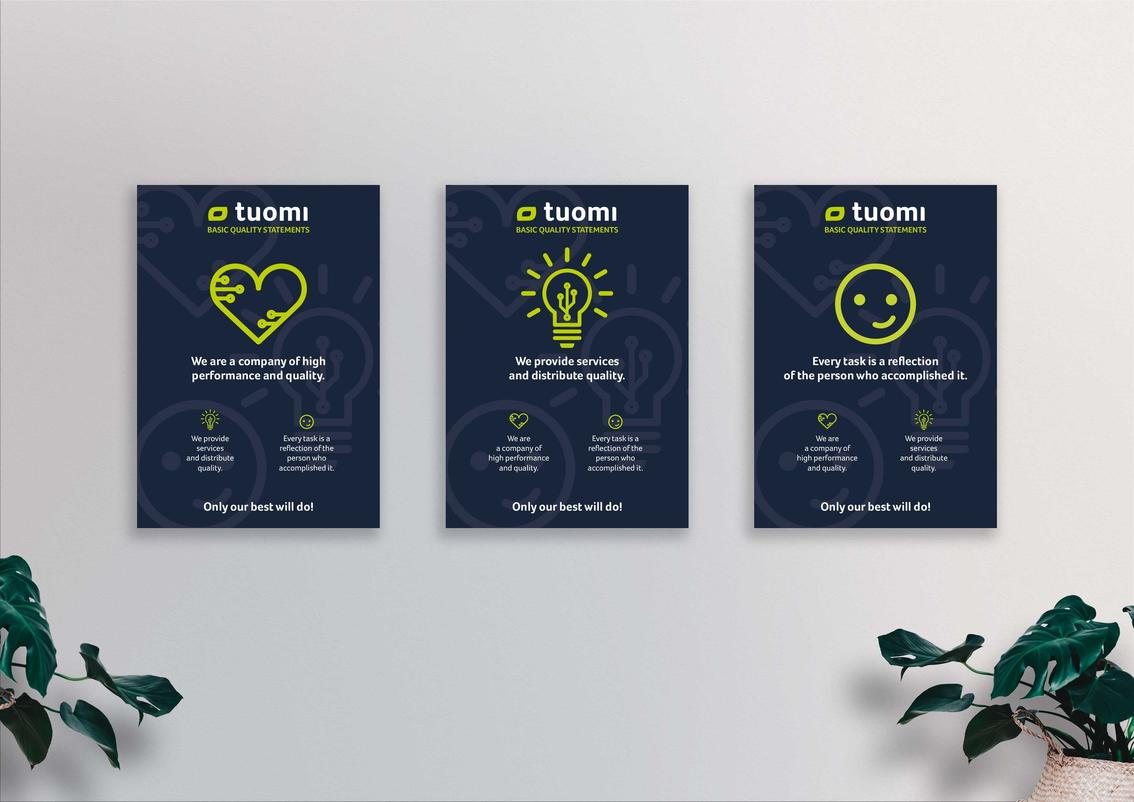 en-uklanguageSelector_en-uk
en-uklanguageSelector_en-ukLiving QMS in a SME
09.06.2021

tuomi has implemented a Quality Management System based on ISO 13485:2016. It has some unique challenges to live QMS in an owner-managed company. Long-established processes are questioned and potentially improved.
Living QMS in a SME
November
2020: Certification Audit. March 2021: Receiving the ISO 13485:2016 certificate. During
the last 8 months, tuomi mHealth had huge highlights to celebrate. A cornerstone
for our medical projects is our Quality Management System (QMS) based on ISO 13485:2016 that was certified
by TÜV Süd.
Many may ask themselves how a QMS as per ISO 13485:2016 affects the daily work of a small business and how we manage the additional workload of a QMS. As many believe that a QMS is a bunch of additional bureaucracy delaying projects.
That’s not quite true.
The objective of our QMS is to improve the quality of our work. As stated in our Quality Policy, only our best will do. What "our best" can be is impacted by the conditions. QMS helps us to improve these conditions, to learn from past mistakes and to optimise processes.
Question, document and improve
All tuomi employees
– whether they are involved in mHealth or not – are constantly
encouraged to
question long-established processes. “That was always the way we did it”
is no
reason to carry on regardless. Processes can be improved and they
should be. Anyone's idea might be the idea which positively impacts
multiple processes. That’s the reason why proper documentation plays
such an important role. It facilitates to determine the effectiveness
and quality of all processes.
Fortunately
for us, our design and
development already had in-depth documentation of their processes. That
made it easier for us to adapt to the formal
requirements for our QMS. Our Quality Management System emphasises even
more the importance of documentation and improvements of our operations.
The Quality Management team is
the contact point for all the input and responsible to ensure feedback
results
in the improvement of all processes. That's why we practice "Plan - do -
check - act". Feedback results in an idea to improve processes and the
implementation of that idea is planned. Afterwards, the outcome is
checked and the process will be improved.
To cut it short: There might be times where daily work is affected by QMS documentation standards. That’s not a bad thing: The documentation helps to improve the processes and therefore saves time and improves the quality of our work in the long term.

